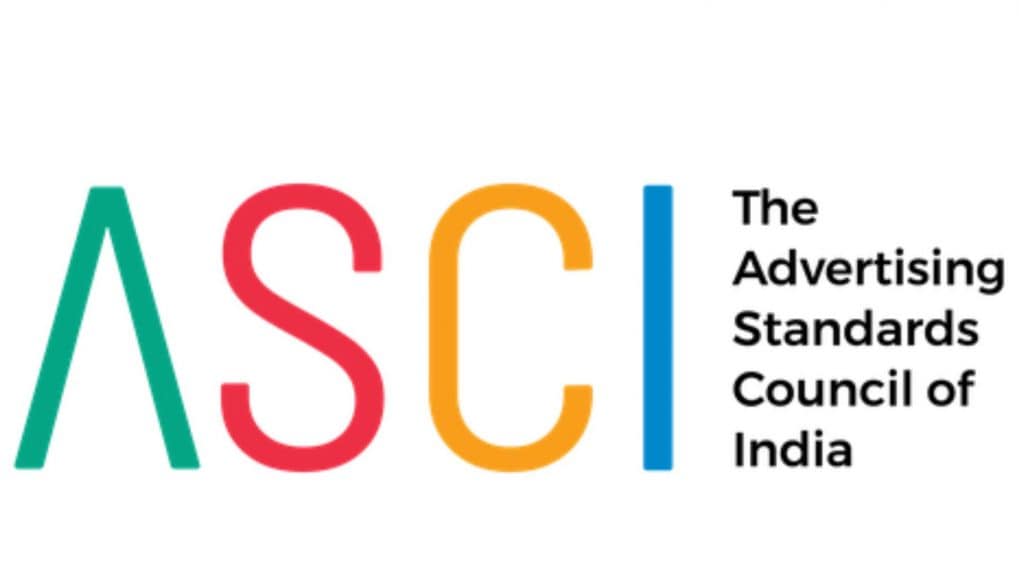Advertising
From Pink Slips to Silent Sidelining: Inside adland’s layoff and anxiety crisis

The Advertising Standards Council of India (ASCI), has significantly altered its whitepaper on opinion trading in India—removing all references to opinion trading platforms like Probo, SportsBaazi and TradeX. The move, widely viewed as a capitulation to mounting pressure from controversial platforms and corporate legal threats, has drawn sharp criticism from within the advertising and media regulation ecosystem.
The revised whitepaper, released on June 17, comes shortly after Galactus Funware Technology—parent company of Mobile Premier League (MPL)—slapped a ₹50 crore defamation notice on ASCI. In the updated document, ASCI now states: “This is the updated final version of the Whitepaper. This version supersedes all previous versions of this publication. The contents of this paper have been updated to remove references to any entity and in order to maintain focus on the broader subject matter.”
In addition to scrubbing the names of opinion trading entities, ASCI has also withdrawn sample advertisements flagged in its earlier version, some of which pertained to platforms currently banned or are under scrutiny across several Indian states.
Advertising veteran Sandeep Goyal, Managing Director of Rediffusion, minced no words in his criticism. “ASCI has never really understood the gravitas of its mandate. They have always approached their task with scant understanding, and commitment,” he said, calling the revisions emblematic of institutional weakness. “Their lack of expertise, and application is what results in the tweaks—changing stances due to pressures or inaccuracies which do not behove their professional pedestal as a self-regulator.”
A senior executive from the real-money gaming (RMG) industry went further, accusing ASCI of yielding to entities he described as “notorious.” “ASCI has been forced to bow down to the notorious opinion trading platforms who are clearly trying to build their narratives before a major regulatory body steps in,” he said. “If such regulatory action continues, multiple opinion trading platforms will fall apart before the end of this year.”
The regulatory climate surrounding opinion trading platforms has grown increasingly hostile. Platforms like Probo, TradeX, and SportsBaazi have already been banned in Chhattisgarh and have ceased operations in Haryana under pressure. Tamil Nadu has issued notices, and legal challenges are pending in the Bombay and Gujarat High Courts, as well as in the Supreme Court.
MPL’s own product, ‘Opinio,’ had to halt services in Haryana in light of legal challenges and a Public Interest Litigation (PIL) seeking a nationwide ban on such apps.
Meanwhile, the Securities and Exchange Board of India (SEBI) issued a strongly worded public advisory, warning investors about the risks of opinion trading. According to SEBI, these platforms lure users with financial market terminology—like “profits,” “stop loss,” and “trading”—to simulate legitimacy, while functioning more like betting operations with zero investor protection.
ASCI has refused to provide a detailed statement on the revisions. A spokesperson said, “As per our policy, we do not comment on legal matters.” However, a source within the council confirmed that the revision was driven by legal developments and the need to avoid prejudicing ongoing proceedings against opinion trading platforms in the High Courts and Supreme Court.
From purpose-driven work and narrative-rich brand films to AI-enabled ideas and creator-led collaborations, the awards reflect the full spectrum of modern creativity.
Read MoreLooking ahead to the close of 2025 and into 2026, Sorrell sees technology platforms as the clear winners. He described them as “nation states in their own right”, with market capitalisations that exceed the GDPs of many countries.